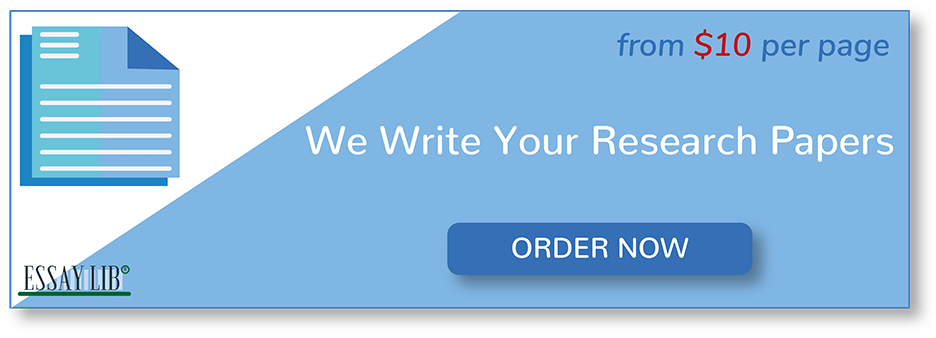Research Proposal on Medication Errors
Objective
The objective of the research is to study medication error as a risk affecting patient safety. The aim to understand the main causes of medication errors during management how frequent they happen and healthcare giver. Rational shall be clear based on our objectives. After identifying the causes, it’s recommended that better prevention techniques be used and encourage more reporting of medication errors.
Description of Project
This research topic explores the causes of medication error through different stages of medication management among healthcare workers. The objective of this project is to identify the causes of medical errors throughout different stages of medication management and to recommend practices that can reduce the rate of medication errors and improve patient outcomes. I decided to research this particular topic because the primary objective of healthcare professionals is to provide and improve healthcare outcomes. Medication errors are one of the biggest threats to patient’s health. By understanding how such errors occur it will be possible to eliminate them and help reduce mortality rates, length of hospital stay as well as related costs.
Articles Used in Research
The first article is titled “Errors in medication history at hospital admission: prevalence and predicting factors” by Hellström, Bondesson, Höglund, and Eriksson (2012). This article studies the type, frequency and predicting factors of errors in medication history. The study was conducted in two wards of a Swedish hospital. This article is relevant to my research topic as it shows the extent of the problem in hospitals and also indicates the instances where errors are most likely to occur.
The second article is titled “A systematic review of the prevalence and incidence of prescribing errors with high-risk medicines in hospitals” by Alanazi and Lewis (2016). The article systematically investigates the literature on the prevalence and incidence of prescribing errors in high-risk medicines in inpatient settings. This article is relevant to this research topic because prescription errors are the most common type of medication errors in many healthcare facilities.
The third article is in my opinion, one of the most insightful. Titled “Reducing medication errors: Teaching strategies that increase nursing students’ awareness of medication errors and their prevention” and written by Latimer, Hewitt, Stanbrough and McAndrew (2016), the article recognizes the inadequacies of many nursing curricula in addressing factors that contribute to medical errors. They go ahead to provide strategies that can help nursing students in this regard. This article is relevant since one of the objectives is to find ways of eliminating such errors.
The fourth article is titled “Medication administration error reporting and associated factors among nurses working at the University of Gondar referral hospital, Northwest Ethiopia, 2015” by Bifftu et al (2015). The article is relevant to my research. This is because it explores the prevalence at which medical errors are reported by nurses. The authors recognize the central role that nurses play and the fact that they have a legal and ethical responsibility to report such errors.
The fifth article is titled “Medication Errors in the Southeast Asian Countries: A Systematic Review” by Salmasi et al (2015) and as the title suggests, it studies medication errors with focus on Southeast Asian countries. I found this article to be relevant since most studies focus on developed countries and this article can be used to compare and give further insight on the issue of medication errors.
The sixth article is titled “Medical Errors from Healthcare Professional’s Perspective at a Tertiary Hospital, Riyadh, Saudi Arabia” by Almoajel (2016). The article has much relevance to this research since it gives insight into medical errors from a healthcare professional’s perspective. The results from the study suggest that many professionals are reluctant to report incidences of medical errors out of fear of repercussions such as loss of employment. This study is a case for finding ways of reporting medical errors without punishing professionals to safeguard the health of patients.

References
Alanazi, M. A., Tully, M. P., & Lewis, P. J. (2016). A systematic review of the prevalence and incidence of prescribing errors with high‐risk medicines in hospitals. Journal of clinical pharmacy and therapeutics, 41(3), 239-245.
Almoajel, A. (2016). Medical Errors from Healthcare Professional’s Perspective at a Tertiary Hospital, Riyadh, Saudi Arabia. La Prensa Medica Argentina, 102(4), 1-6.
Bifftu, B. B., Dachew, B. A., Tiruneh, B. T., & Beshah, D. T. (2016). Medication administration error reporting and associated factors among nurses working at the University of Gondar referral hospital, Northwest Ethiopia, 2015. BMC nursing, 15(1), 43.
Hellström, L. M., Bondesson, Å., Höglund, P., & Eriksson, T. (2012). Errors in medication history at hospital admission: prevalence and predicting factors. BMC clinical pharmacology, 12(1), 9.
Latimer, S., Hewitt, J., Stanbrough, R., & McAndrew, R. (2017). Reducing medication errors: Teaching strategies that increase nursing students’ awareness of medication errors and their prevention.
Salmasi, S., Khan, T. M., Hong, Y. H., Ming, L. C., & Wong, T. W. (2015). Medication errors in the Southeast Asian countries: a systematic review. PLoS One, 10(9), e0136545.
